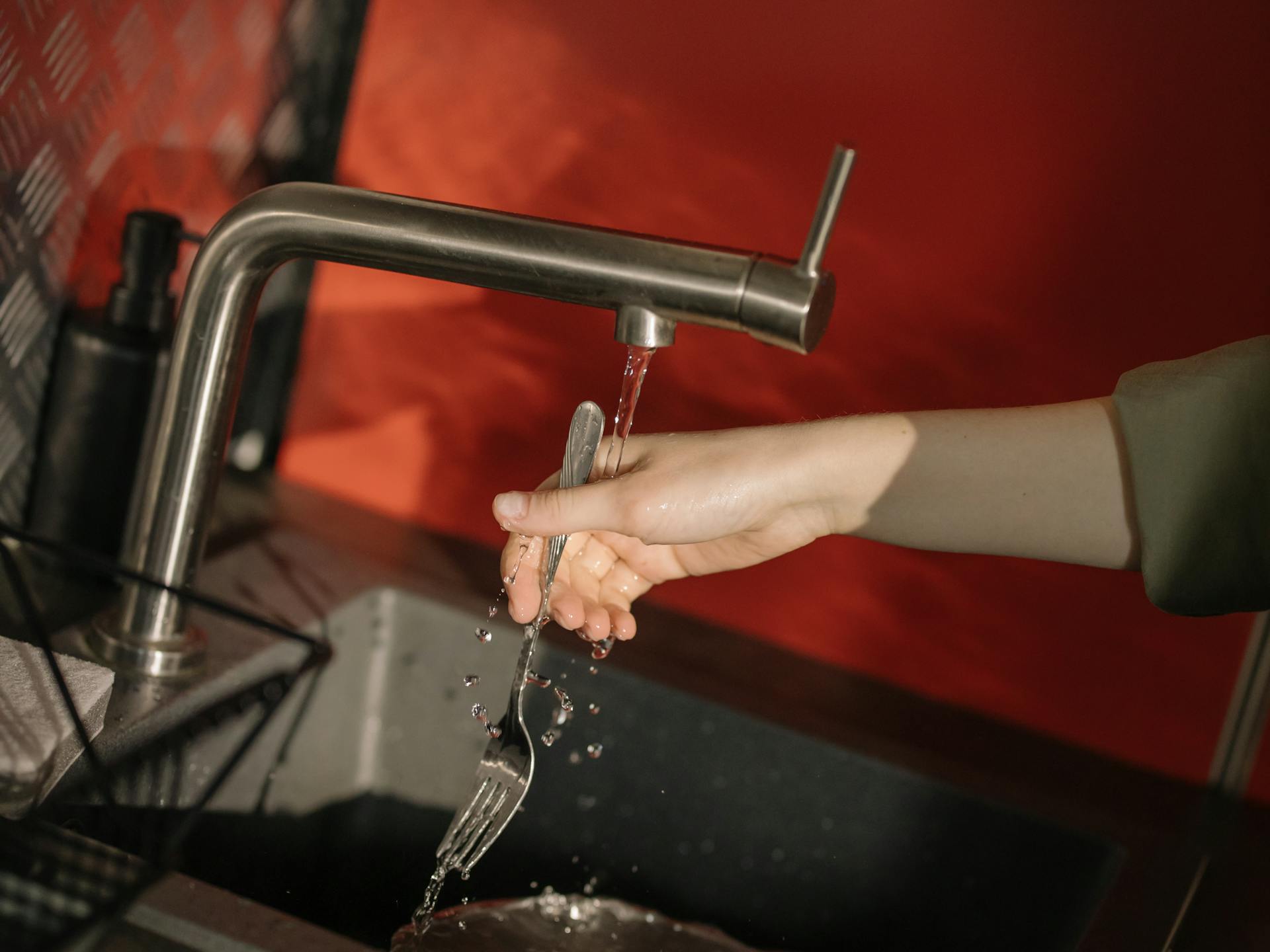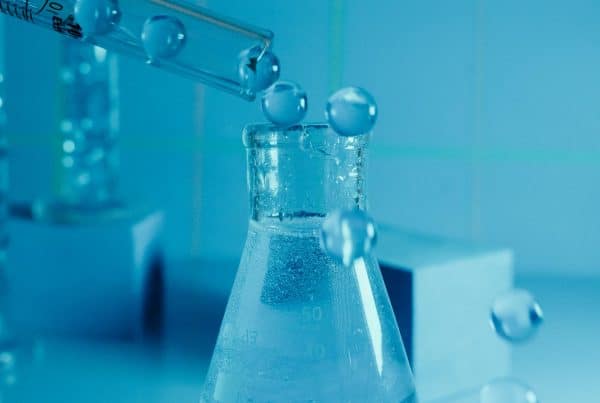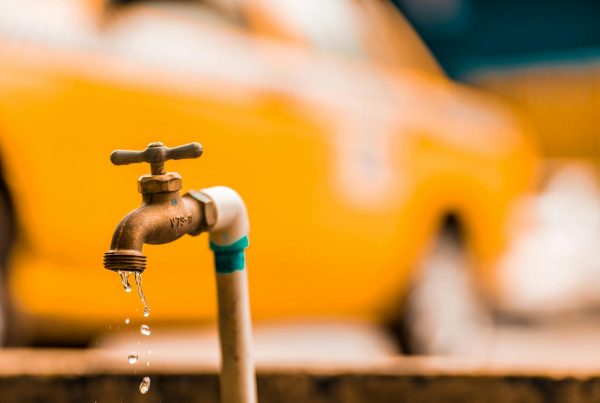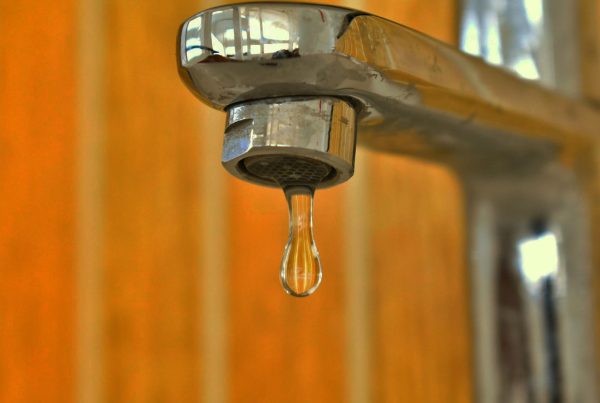Many Las Vegas homeowners rely on water softeners, but not all of them fully understand what water softeners are used for. Water softeners remove hard minerals like calcium and magnesium from water, but they don’t filter out dirt, rust, sand, silt, debris, or chlorine.
If you own a home in Las Vegas, combining your water softener with central home filtration is an effective solution for filtering out nasty compounds that you don’t want to drink. Filtration combined with conditioning, which is different from water softening, is also effective.
Let’s take a closer look at what a water softener does, as well as explore the differences between softening, filtering, and conditioning.
Want to learn more about what we do? Explore our water softener Las Vegas solutions.
What is a water softener?
Again, a water softener is a system that removes hard minerals like calcium and magnesium from water. This is done through ion exchange, which replaces calcium and magnesium with sodium or potassium. This helps prevent scale buildup in plumbing and appliances.
However, many people use water softeners because they want the slippery feel of soft water, which isn’t the same thing as preventing scale buildup. If you don’t like that slippery feeling, then filtering is a better option.
For now, it’s worth noting that calcium and magnesium are important for drinking water. That said, applications of water softeners for non-drinking water are fantastic. A Las Vegas water softener ensures your clothes, towels, and linens are softer, cleaner, and last longer. Moreover, your water-using appliances, such as your water heater, washing machine, and dishwasher, will last longer and operate more efficiently with a water softener.
Additionally, Manually Controlled water softeners allow for on-demand softening when needed, such as when flushing wastewater using a hose.
How much does a water softener cost?
Water softeners cost around $5,000 over roughly a ten-year period when you factor in wastewater, brine discharge, salt, and filter changes for your RO system.
So, the question is, why would you invest so much in a water softener without also filtering the water and removing the chlorine? We recommend a comprehensive approach.
Contact Water Quality of Las Vegas for details. Our prices are usually better than those of our big-name competitors, meaning you save money while getting top-notch quality. We’re happy to answer your questions.
Benefits of Water softeners vs. filtration vs. conditioning
Water softening, filtration, and conditioning are the three major options to consider when it comes to improving your home’s water quality. Other solutions also exist, but let’s focus on the big three, each of which offers unique benefits.
Water softeners:
As discussed, water softeners are great for preventing scale buildup, preserving your appliances, and making your fabrics last longer.
Filtration:
Filtration removes dirt, rust, sand, silt, debris, and chlorine and greatly improves your overall water quality. However, filtration doesn’t soften the water.
Conditioning:
Conditioning offers an alternative to softening. Rather than removing minerals, conditioning changes the physical or chemical properties of minerals in the water so that they no longer stick to surfaces and cause scale buildup.
We like to use the phrase “Spurs to marbles” to describe this phenomenon. This isn’t as abstract as it sounds. Have you ever run through a field when you were a kid and you got spurs stuck to your leg? Well, those spurs are similar to scale buildup.
Now that you have this image in mind, just imagine taking those spurs and making them marbles so that they can’t stick to your plumbing system. Instead, they bounce and flush themselves out. This, essentially, is what conditioning is, and it’s why it’s a great solution for those who want to prevent scale buildup without losing minerals in their water.
Combined solutions:
Some homeowners only want a simple solution, in which case central filtration, at the very least, is recommended to remove chlorine. However, many homeowners combine filtration with either water softening or conditioning.
Is filtration combined with conditioning the highest level you can achieve?
There isn’t a “highest level” per se when it comes to your water quality—it’s all about what’s best for your home. Like heating or air systems, water treatment solutions vary in quality and lifespan.
For instance, higher-quality components, such as carbon filters with superior iodine ratings, tend to last longer and offer better performance, but they also require a bigger investment.
The size of your household also matters; a small family will likely not need the same system as a large family.
The case for central water filtration
Historically, many homeowners have relied on water softeners, especially those over 55 who prefer water that has a soft, slippery feel. However, for those looking for a comprehensive solution in the Las Vegas area, central water filtration can be a game changer.
Removes chlorine:
Central water filtration removes dirt, rust, sand, silt, debris, and most importantly, chlorine from your water. This is incredibly important since chlorine is commonly added to municipal water supplies to keep it sanitized as it’s piped to your home. While great for disinfecting, once the water reaches your house, it’s better to remove chlorine.
Chlorine is not good for the human body, whether you drink, inhale, or absorb it. However, at least when you drink chlorine, it gets filtered out by the kidneys. Unfortunately, when you take a hot shower, if you have unfiltered water with chlorine in it, it will produce chloroform gas. If you inhale chloroform gas while you shower, it bypasses your natural filters and enters the bloodstream.
Additionally, if you do a chlorine tester in the bathtub and the water turns yellow, and let’s say your spouse then takes a bath and soaks for half an hour, that yellow will disappear. Why? Well, the chlorine gets absorbed into their body.
On top of all this, chlorine can damage plastic and rubber components in your plumbing system!
Central filtration gives you peace of mind:
To ensure your family isn’t exposed to chlorine in your water, we recommend installing a central water filtration system. This provides peace of mind by delivering cleaner, safer water throughout your home.
Much like central heating and air, central water filtration is becoming a standard in modern homes today.
Minimal maintenance:
A big benefit of central home filtration is that no maintenance is required. The filtration tank typically lasts 7 to 10 years, depending on usage, and replacement tanks are economical, currently around two grand to replace.
A quick note about reverse osmosis
Reverse Osmosis (RO) is commonly used to remove salt from softened water and make it more palatable to drink. If your drinking water has been softened and then put through Reverse Osmosis, it’s worth looking into remineralization solutions.
Also, keep in mind that RO systems cost around $300 per year in filter changes and typically use two gallons of water for every one gallon produced.
Water softener Las Vegas: Choosing the system for your home
In Las Vegas, filtration and conditioning are a particularly welcome combination due to the city’s hard, chlorinated water. Water softeners are also a popular choice for those who prefer slicker, softer water and protection against wear and tear on appliances.
Ultimately, the choice between water softeners, filtration, conditioning, or a combination of solutions depends on your preferences and household needs.
Contact Water Quality of Las Vegas to discuss options and choose the solution that best fits your needs.
